Nurturing a Healthy Gut: The Key to Overall Well-being
A healthy gut is the foundation of good health and well-being. Often referred to as the "second brain," our gut plays a crucial role in digestion, nutrient absorption, and immune function, and even influences our mood and mental health. In this post, we'll explore the importance of a healthy gut and share practical tips to nurture and support its optimal functioning.
A diet abundant in dietary fiber is a boom for your gut health. Fiber acts as food for beneficial gut bacteria, promoting their growth and diversity. Whole grains, fruits, vegetables, legumes, and nuts are excellent sources of fiber. Aim for at least 25-30 grams of fiber daily to keep your gut thriving. These gut-friendly bacteria play a crucial role in maintaining a balanced gut microbiome, leading to better digestion and enhanced immune function.
Fiber helps regulate bowel movements and prevents constipation by adding bulk to the stool, facilitating its passage through the intestines. This can also reduce the risk of developing gastrointestinal disorders like irritable bowel syndrome (IBS) and diverticular disease.
High fiber intake has been associated with a reduced risk of certain chronic conditions, including cardiovascular disease, type 2 diabetes, and certain cancers. It does so by aiding in weight management, controlling blood sugar levels, and lowering cholesterol levels.
It's essential to increase fiber intake gradually to allow the gut to adapt to the changes. Sudden, significant increases in fiber consumption can lead to temporary bloating or discomfort.
Probiotics and Fermented Foods
Probiotics and fermented foods are essential components for maintaining a healthy gut and promoting overall well-being. Probiotics are live microorganisms, often referred to as "good bacteria," that offer numerous health benefits when consumed in adequate amounts. Fermented foods, on the other hand, are rich sources of naturally occurring probiotics.
When probiotics are introduced into the gut, they help to create a balanced and diverse gut microbiome. This microbial community is crucial for optimal digestion, nutrient absorption, and immune system function. Probiotics support gut health by competing with harmful bacteria for resources, thereby reducing the risk of gastrointestinal issues like diarrhea, constipation, and irritable bowel syndrome (IBS).
Fermented foods, such as yogurt, kefir, sauerkraut, kimchi, and tempeh, undergo a process in which beneficial bacteria transform the sugars and carbohydrates in the food into organic acids, alcohol, and gases. This fermentation process not only preserves the food but also enhances its nutritional value by increasing the availability of certain nutrients and improving digestibility. Consuming fermented foods introduces live probiotics into the gut, contributing to a healthier gut microbiome.
The benefits of probiotics and fermented foods extend beyond the gut. Studies suggest that they may positively impact mental health, skin health, and even oral health. Additionally, they have been associated with a reduced risk of certain chronic diseases, such as cardiovascular disease and type 2 diabetes.
Benefits of Probiotics
To harness the benefits of probiotics and fermented foods, it is important to consume a variety of probiotic strains and incorporate a diverse range of fermented foods into the diet. Regular consumption of these foods can help maintain a healthy gut microbiome and support overall health.
While fermented foods are generally safe for most individuals, some people with specific health conditions or compromised immune systems should exercise caution, especially when consuming homemade or unpasteurized fermented foods. Probiotic supplements are also available, but it's advisable to consult with a healthcare professional before using them, particularly if you have specific health concerns.
Probiotics and fermented foods are valuable allies for gut health and overall well-being. They contribute to a balanced gut microbiome, improved digestion, and enhanced immunity. Incorporating probiotic-rich foods and fermented options into your diet can have significant positive effects on gut health and may offer additional health benefits throughout the body.
Prebiotics for Gut Nourishment
Probiotics are live bacteria that provide numerous health benefits when consumed. Prebiotics play a crucial role in promoting gut health by nourishing and supporting beneficial gut bacteria. These non-digestible fibers and compounds serve as food for probiotics, the friendly bacteria residing in the gut. By stimulating the growth and activity of these probiotics, prebiotics contributes to a balanced gut microbiome, which is essential for overall well-being.
Prebiotics can be found in various plant-based foods, fruits, vegetables whole grains, legumes, and certain types of fiber-rich foods like chicory root and Jerusalem artichoke. Incorporate probiotic-rich foods like yogurt, kefir, sauerkraut, kimchi, and miso into your diet to support a healthy gut microbiome. These foods introduce beneficial bacteria that aid in digestion and overall gut health. These foods typically contain specific types of prebiotic fibers, such as inulin and fructooligosaccharides (FOS), which are not digested in the small intestine but reach the colon intact.
Once in the colon, these prebiotics become a source of nutrition for beneficial gut bacteria. As probiotics metabolize prebiotics, they produce short-chain fatty acids (SCFAs), which have several beneficial effects on gut health. SCFAs help to maintain the integrity of the intestinal lining, improve nutrient absorption, and modulate the immune system, promoting a healthy gut environment.
A balanced and diverse gut microbiome is associated with numerous health benefits, including improved digestion, enhanced immune function, and a reduced risk of various gastrointestinal disorders, such as irritable bowel syndrome (IBS) and inflammatory bowel disease (IBD). A healthy gut microbiome has been linked to better mental health and a lower risk of certain chronic diseases like obesity, type 2 diabetes, and cardiovascular conditions.
To optimize gut health through prebiotics, it's essential to consume a varied and fiber-rich diet. This means incorporating a wide range of fruits, vegetables, whole grains, and legumes into your meals. Combining prebiotic-rich foods with probiotic sources (e.g., yogurt, kefir) can also enhance their beneficial effects.
Prebiotics are essential for maintaining a healthy gut microbiome and overall gut health. Including a diverse range of prebiotic-rich foods in your diet can support the growth of beneficial gut bacteria, leading to improved digestion, better immunity, and a lower risk of gastrointestinal and chronic diseases.
Reduce Processed Foods and Sugar
Reduce Processed Foods and Sugar
Highly processed foods and excessive sugar can disrupt the balance of gut bacteria, leading to inflammation and gut dysbiosis. Limit your intake of processed foods, sugary snacks, and sugary beverages to create a healthier environment for your gut. Reducing processed foods and sugar intake is crucial for maintaining a healthy gut and overall well-being. Processed foods are often high in refined sugars, unhealthy fats, and additives, which can negatively impact the gut microbiome and lead to various health issues.
A diet high in processed foods and added sugars can disrupt the balance of beneficial bacteria in the gut. Harmful bacteria thrive on sugar, leading to an overgrowth of these undesirable microorganisms. This imbalance can cause inflammation in the gut, weaken the intestinal barrier, and contribute to digestive problems, such as bloating, gas, and irritable bowel syndrome (IBS).
Excessive sugar consumption can lead to insulin resistance, weight gain, and an increased risk of developing chronic conditions like type 2 diabetes and cardiovascular disease. High sugar intake can also negatively affect the liver and promote the growth of harmful gut bacteria, further disrupting gut health.
Adopting a diet that minimizes processed foods and reduces added sugars can have numerous benefits for gut health. By focusing on whole foods such as fruits, vegetables, whole grains, lean proteins, and healthy fats, individuals can support a diverse and balanced gut microbiome.
Whole foods are rich in fiber, vitamins, and minerals, which are essential for the growth and activity of beneficial gut bacteria. A diet low in processed foods and sugar can help maintain a healthy gut lining, improve nutrient absorption, and reduce inflammation, leading to better digestion and a stronger immune system.
Reducing processed foods and sugar intake is key to promoting a healthy gut and overall health. Emphasizing whole, unprocessed foods in the diet supports a diverse gut microbiome and can alleviate digestive issues while reducing the risk of chronic diseases.
Stay Hydrated
Adequate hydration is essential for a healthy gut. Water aids in digestion, supports the movement of waste through the intestines and helps maintain a balanced gut environment. Staying adequately hydrated is essential for supporting digestion, nutrient absorption, and the optimal functioning of the gastrointestinal system. Aim to drink plenty of water throughout the day.
Water is necessary for breaking down food and aiding in the absorption of nutrients in the digestive tract. It helps to soften the stool, promoting regular bowel movements and preventing constipation. Sufficient water intake also helps maintain the mucosal lining of the intestines, which is vital for protecting the gut from irritants and maintaining a healthy gut barrier.
Dehydration can lead to various gastrointestinal issues, such as indigestion, bloating, and an increased risk of developing conditions like constipation and diverticulitis. Furthermore, dehydration can make it more challenging for the body to eliminate waste and toxins efficiently, putting additional strain on the gut and other organs.
In addition to supporting digestion, water is crucial for maintaining a healthy gut microbiome. It helps transport nutrients to the gut bacteria, allowing them to thrive and promote a balanced microbial environment. A well-balanced gut microbiome has been linked to improved immune function, reduced inflammation, and a lower risk of gastrointestinal disorders.
To support gut health, it's essential to drink an adequate amount of water daily. The recommended daily intake varies depending on factors like age, sex, climate, and activity level, but a general guideline is to aim for about 8 to 10 cups (64-80 ounces) of water per day. However, individual water needs may differ, so listening to your body's thirst signals is essential.
While water is crucial for gut health, it's also essential to avoid excessive consumption of caffeinated or sugary beverages, as they can have adverse effects on digestion and gut health. Opting for plain water as the primary source of hydration is the best way to support overall gut health.
Water is a fundamental element in maintaining gut health. Staying adequately hydrated supports digestion, nutrient absorption, and a healthy gut microbiome. By drinking enough water daily and avoiding excessive consumption of unhealthy beverages, individuals can promote a well-functioning gastrointestinal system and support their overall well-being
Manage Stress
Stress can negatively impact gut health by disrupting the gut-brain axis. Engage in stress-reducing activities like meditation, yoga, deep breathing exercises, or spending time in nature to support a harmonious connection between your mind and gut.
Stress has a significant impact on gut health and can lead to various gastrointestinal issues. The gut and the brain are closely connected through the gut-brain axis, allowing them to influence each other bidirectionally. When exposed to stress, the body releases hormones like cortisol and adrenaline, which can disrupt the balance of the gut microbiome and affect gut function.
Chronic stress can lead to changes in gut motility, causing symptoms such as diarrhea, constipation, or abdominal pain. It can also compromise the integrity of the gut lining, leading to increased permeability or "leaky gut," which allows harmful substances to enter the bloodstream and trigger inflammation.
Moreover, stress can alter the composition of the gut microbiome, reducing the abundance of beneficial bacteria and promoting the growth of harmful ones. This imbalance in gut bacteria may contribute to digestive disorders, and immune system dysfunction, and exacerbate gastrointestinal conditions like irritable bowel syndrome (IBS) and inflammatory bowel disease (IBD).
A disrupted gut microbiome can also influence the brain and exacerbate stress and anxiety. The gut-brain axis communicates through the vagus nerve and the release of neurotransmitters, affecting mood, emotions, and stress responses.
To promote gut health, it's essential to manage stress effectively. Adopting stress-reduction techniques such as regular exercise, mindfulness practices, deep breathing exercises, and sufficient sleep can positively influence gut health. Engaging in activities that promote relaxation and social connections can also help in managing stress and supporting a healthy gut.
Maintaining a balanced diet with plenty of fiber-rich fruits and vegetables and probiotic-rich foods can also contribute to a healthy gut microbiome, which may help mitigate the negative effects of stress on gut health.
Stress and gut health are closely intertwined through the gut-brain axis. Chronic stress can disrupt the gut microbiome, compromise gut function, and worsen gastrointestinal symptoms. By managing stress through various lifestyle changes and adopting a gut-friendly diet, individuals can support a healthy gut and overall well-being. If stress-related gut issues persist or worsen, seeking guidance from a healthcare professional or a registered dietitian is recommended.
Get Enough Sleep
Sleep plays a crucial role in maintaining gut health and overall well-being. The gut and the sleep-wake cycle are intricately connected through the bidirectional communication of the gut-brain axis. Poor sleep patterns and insufficient sleep can negatively impact gut function and disrupt the gut microbiome.
During sleep, the body undergoes various restorative processes, including the repair and maintenance of the gastrointestinal system. Adequate sleep allows the gut to rest and recover, promoting proper digestion, nutrient absorption, and overall gut function.
Disruptions in the sleep-wake cycle, such as irregular sleep patterns or chronic sleep deprivation, can lead to imbalances in gut hormones and neurotransmitters, affecting appetite regulation and metabolism. This imbalance may contribute to weight gain, insulin resistance, and an increased risk of metabolic disorders.
Inadequate sleep has been associated with changes in gut microbiota composition. These changes may result in an imbalance of beneficial and harmful gut bacteria, leading to gastrointestinal issues, inflammation, and increased susceptibility to gastrointestinal diseases.
A healthy gut microbiome can positively influence sleep patterns and overall sleep quality. Beneficial gut bacteria produce certain neurotransmitters, such as serotonin and melatonin, which are essential for regulating mood and sleep.
To support gut health through sleep, it's crucial to prioritize regular and sufficient sleep. Aim for 7 to 9 hours of sleep per night, maintain a consistent sleep schedule, and create a conducive sleep environment free from disturbances. Additionally, adopting stress-reduction techniques and avoiding stimulants like caffeine close to bedtime can also improve sleep quality and indirectly support gut health.
Sleep and gut health are closely interconnected through the gut-brain axis. Adequate and restorative sleep is essential for maintaining a healthy gut, supporting proper digestion, and promoting a balanced gut microbiome. By prioritizing sleep and adopting healthy sleep habits, individuals can improve gut function and overall well-being. Aim for 7-9 hours of restful sleep per night.
Exercise Regularly
Regular physical activity not only supports overall health but also contributes to a healthy gut. Exercise helps stimulate gut motility, promoting better digestion and nutrient absorption. Regular exercise plays a significant role in promoting gut health and overall well-being. The relationship between exercise and gut health is complex and bidirectional, as physical activity can influence the gut microbiome and gut function, while the gut also impacts exercise performance and recovery.
Engaging in regular exercise has been shown to positively impact the gut microbiome by increasing the abundance of beneficial bacteria and promoting microbial diversity. A diverse and balanced gut microbiome is associated with improved digestion, enhanced immune function, and reduced inflammation.
Exercise also helps to improve gut motility, reducing the risk of constipation and promoting regular bowel movements. Physical activity stimulates the muscles in the intestinal walls, aiding in the movement of waste through the digestive system.
Exercise can have anti-inflammatory effects, which are beneficial for gut health. Chronic inflammation in the gut can lead to various gastrointestinal disorders, and regular exercise may help mitigate this inflammation and reduce the risk of related conditions.
The gut also impacts exercise performance and recovery. A healthy gut is essential for optimal nutrient absorption and energy production, which are crucial for sustaining physical activity. Proper nutrient absorption also aids in muscle repair and recovery after exercise.
To maximize the benefits of exercise on gut health, it's essential to adopt a well-rounded fitness routine that includes a variety of activities, such as cardiovascular exercises, strength training, and flexibility exercises. Additionally, maintaining a balanced diet with adequate fiber, whole foods, and probiotic-rich options can further support gut health in conjunction with regular exercise.
It's essential to consider individual factors, as excessive exercise or intense workouts can sometimes cause stress on the body, potentially impacting gut health. Striking a balance and listening to your body's cues is essential for overall well-being.
Regular exercise is beneficial for gut health, promoting a diverse and balanced gut microbiome, improving gut motility, and reducing inflammation. A healthy gut, in turn, supports exercise performance and recovery by aiding in nutrient absorption and energy production. By combining regular physical activity with a gut-friendly diet, individuals can optimize gut health and support their overall fitness and well-being.
Limit Antibiotic Use
While antibiotics can be life-saving, overuse can harm beneficial gut bacteria. Limiting antibiotic use is crucial for preserving gut health and the overall balance of the gut microbiome. Antibiotics are powerful medications that effectively kill or inhibit the growth of harmful bacteria, but they can also disrupt the delicate balance of beneficial bacteria in the gut.
The gut microbiome is a diverse community of microorganisms that play a vital role in supporting digestion, immune function, and overall well-being. When antibiotics are used, they not only target harmful bacteria but may also affect beneficial bacteria, leading to an imbalance in the gut microbiome. This imbalance can result in
Repeated or prolonged antibiotic use can lead to antibiotic resistance, making infections harder to treat in the future. It is essential to use antibiotics judiciously and only when prescribed by a healthcare professional for bacterial infections that require antibiotic treatment.
To support gut health and minimize the negative effects of antibiotics, it's crucial to follow the prescribed antibiotic regimen as directed by a healthcare provider. Completing the full course of antibiotics, even if symptoms improve, is
After antibiotic treatment, taking steps to restore and maintain a healthy gut microbiome is beneficial. Consuming probiotic-rich foods or supplements can help reintroduce beneficial bacteria to the gut and aid in restoring microbial balance. Prebiotic foods, which serve as food for probiotics, can also be beneficial in supporting the growth of beneficial gut bacteria.
Additionally, adopting a gut-friendly diet that includes a variety of fruits, vegetables, whole grains, and fiber-rich foods can support overall gut health and the recovery of the gut microbiome after antibiotic use.
Limiting antibiotic use to only when medically necessary is vital for preserving gut health and maintaining a diverse and balanced gut microbiome. Following prescribed antibiotic regimens, and taking steps to restore the gut microbiome after treatment, can help support gut health and overall well-being. If prescribed antibiotics, discuss with your healthcare provider the possibility of taking probiotics simultaneously to support gut health.
A healthy gut is a cornerstone of optimal health and well-being. By prioritizing a fiber-rich diet, incorporating probiotics and fermented foods, managing stress, getting enough sleep, and staying hydrated, you can create a thriving environment for your gut microbiome. A well-nurtured gut will not only enhance digestion and nutrient absorption but also boost your immune system, promote mental clarity, and contribute to a happier, healthier you. Embrace these gut-nurturing habits, and your body will thank you for it!
When you subscribe to the blog, we will send you an e-mail when there are new updates on the site so you wouldn't miss them.



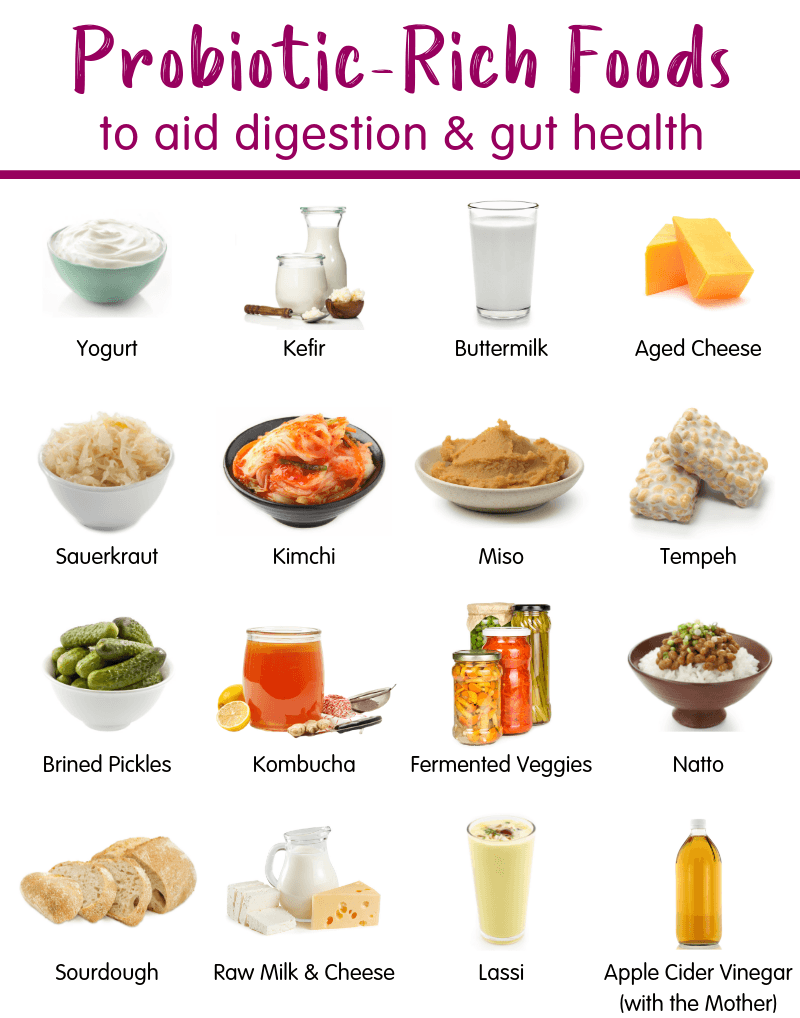
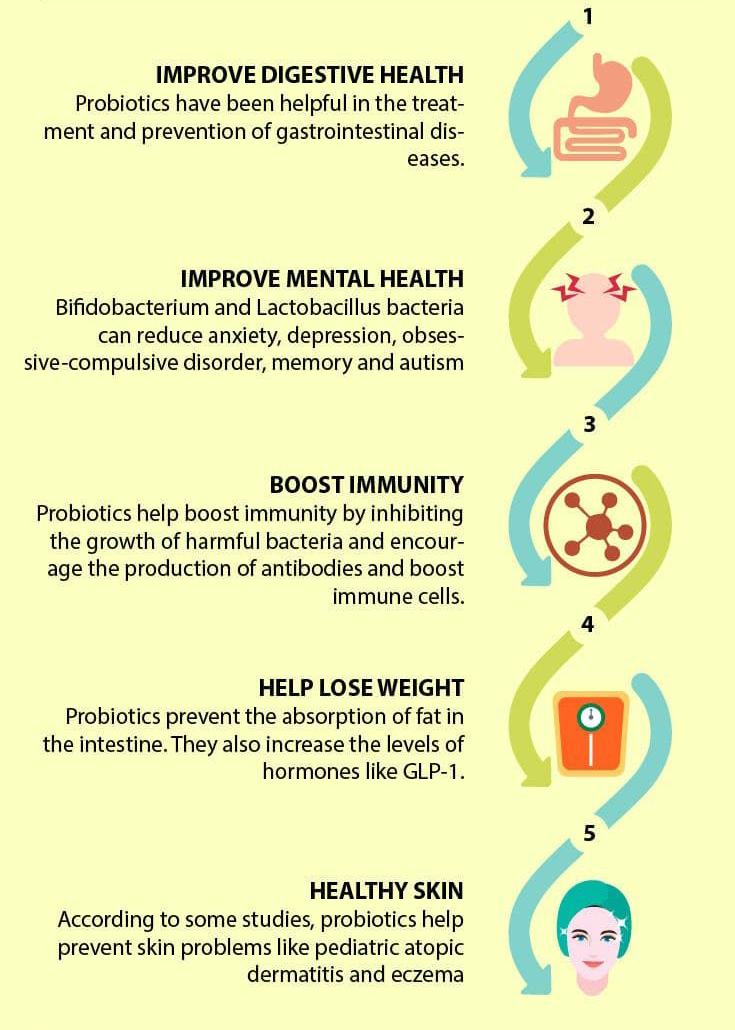
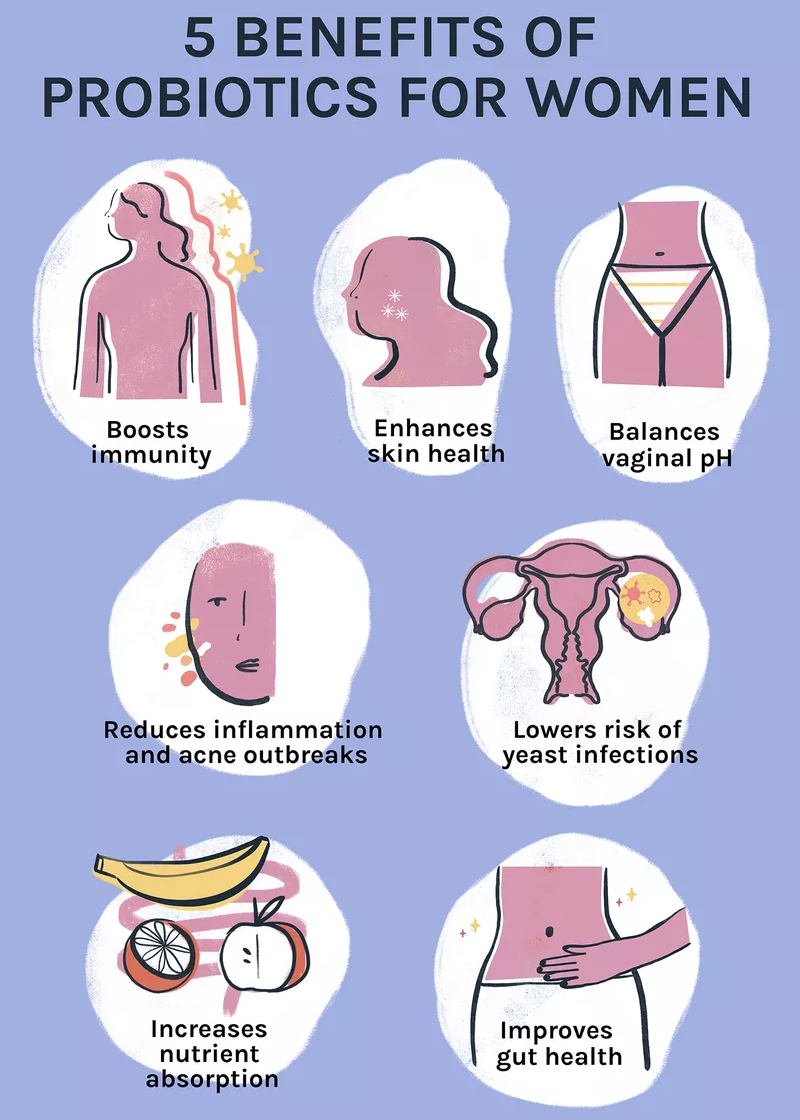
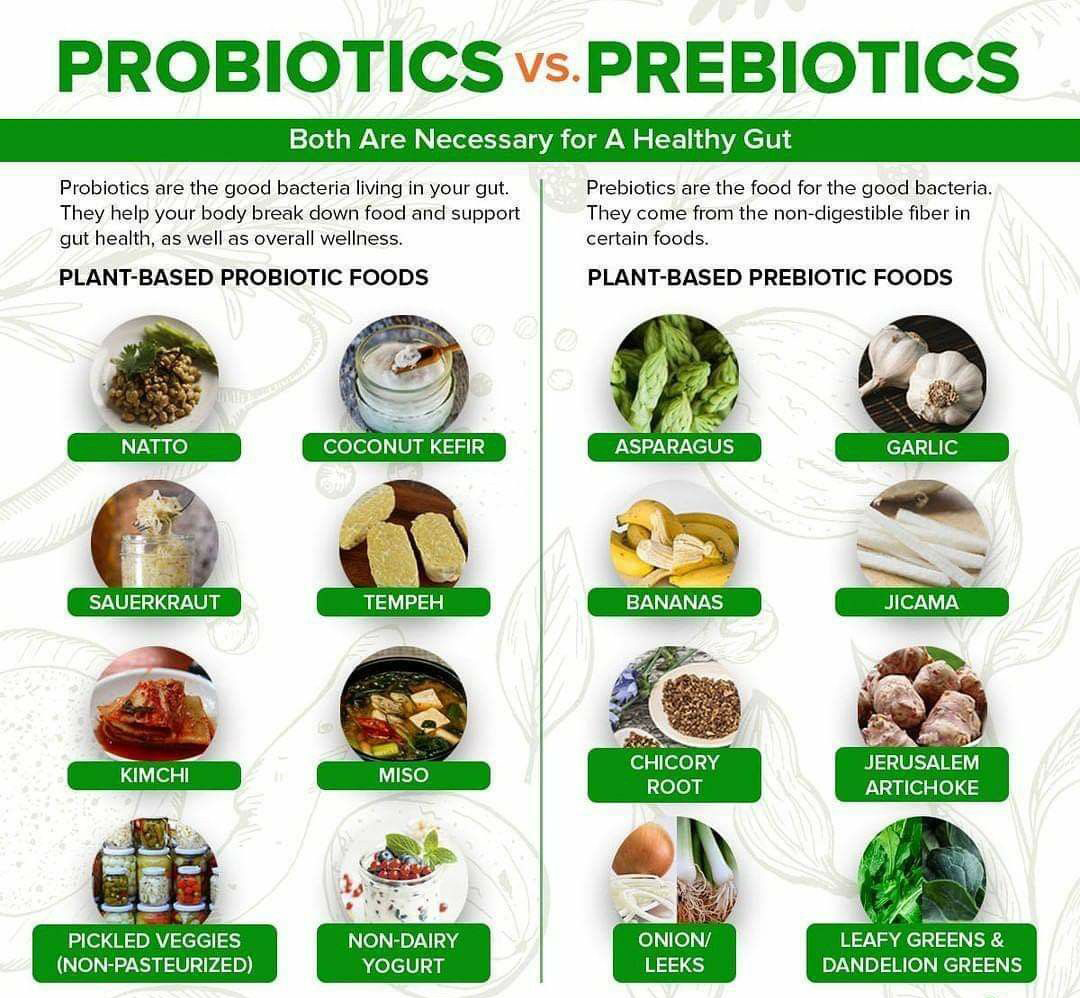
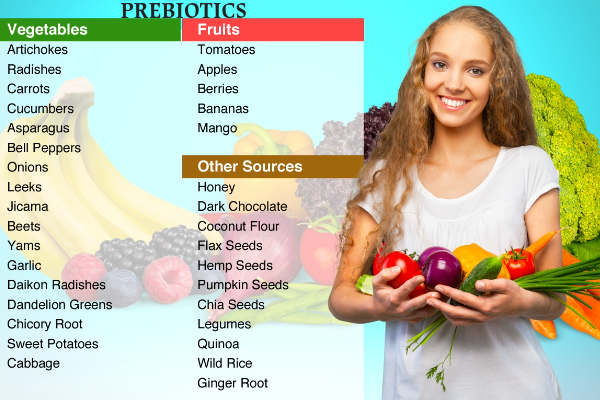

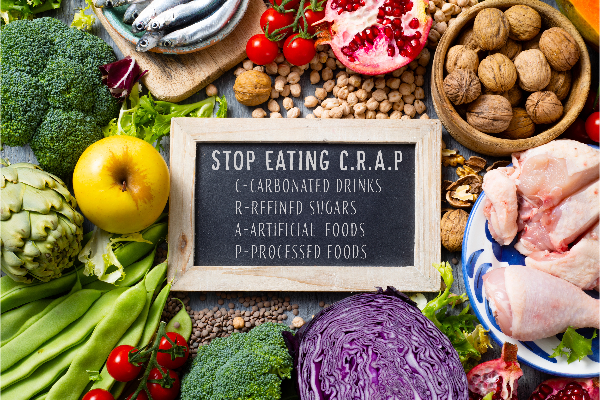












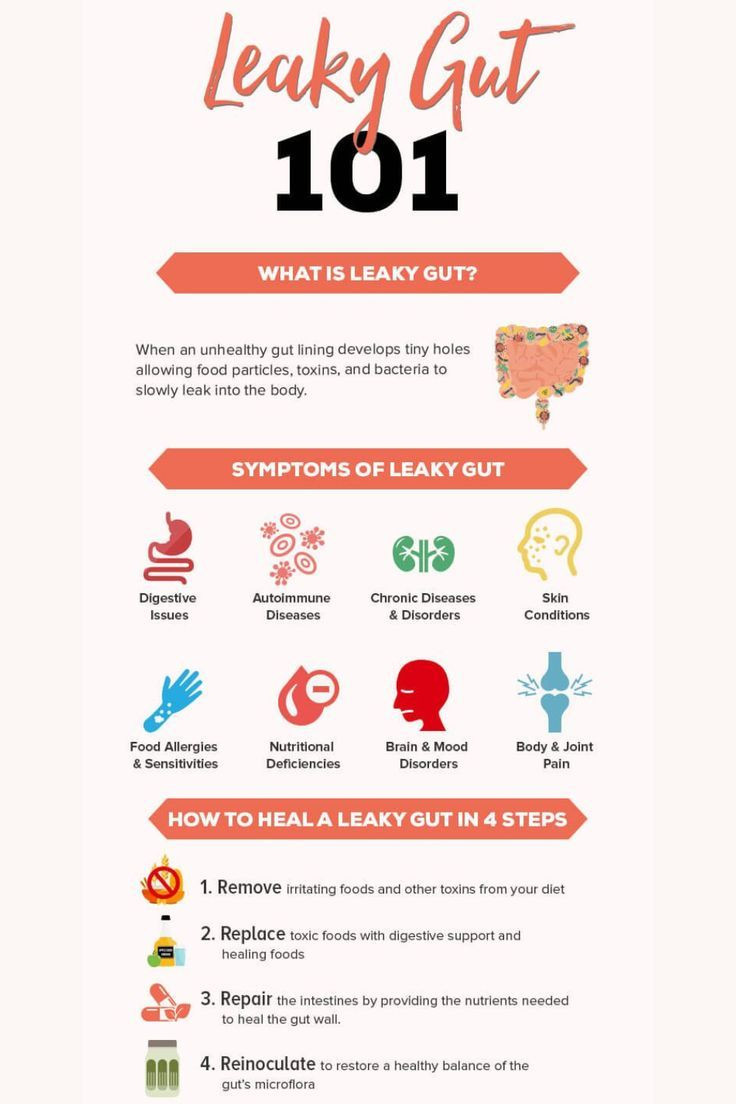
Comments